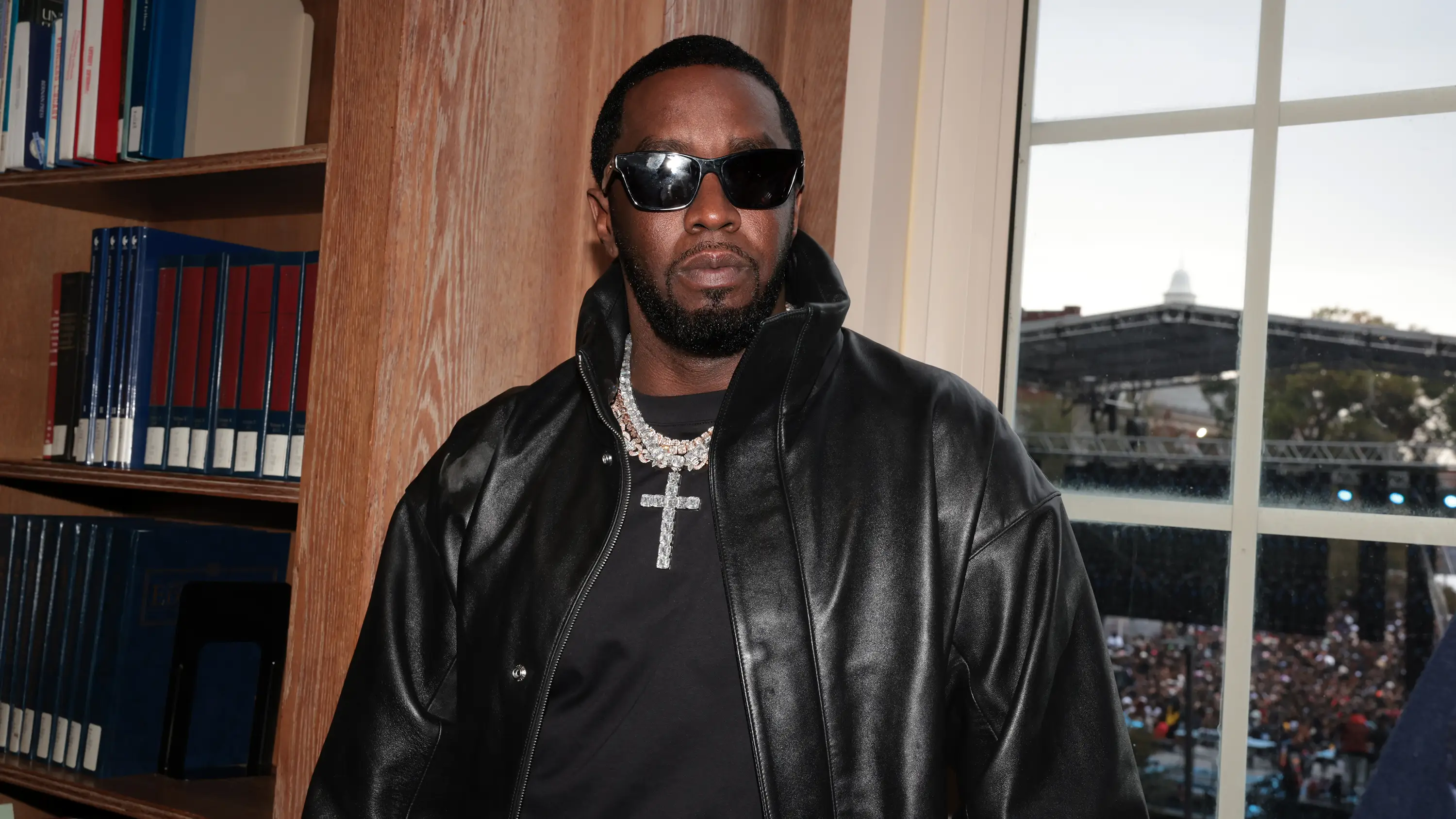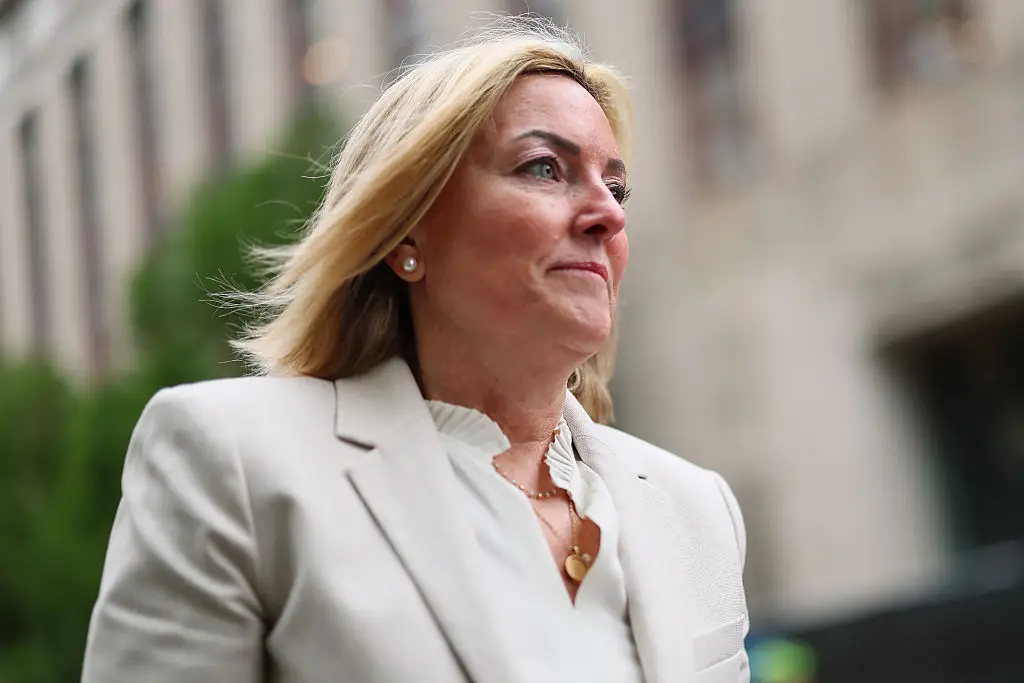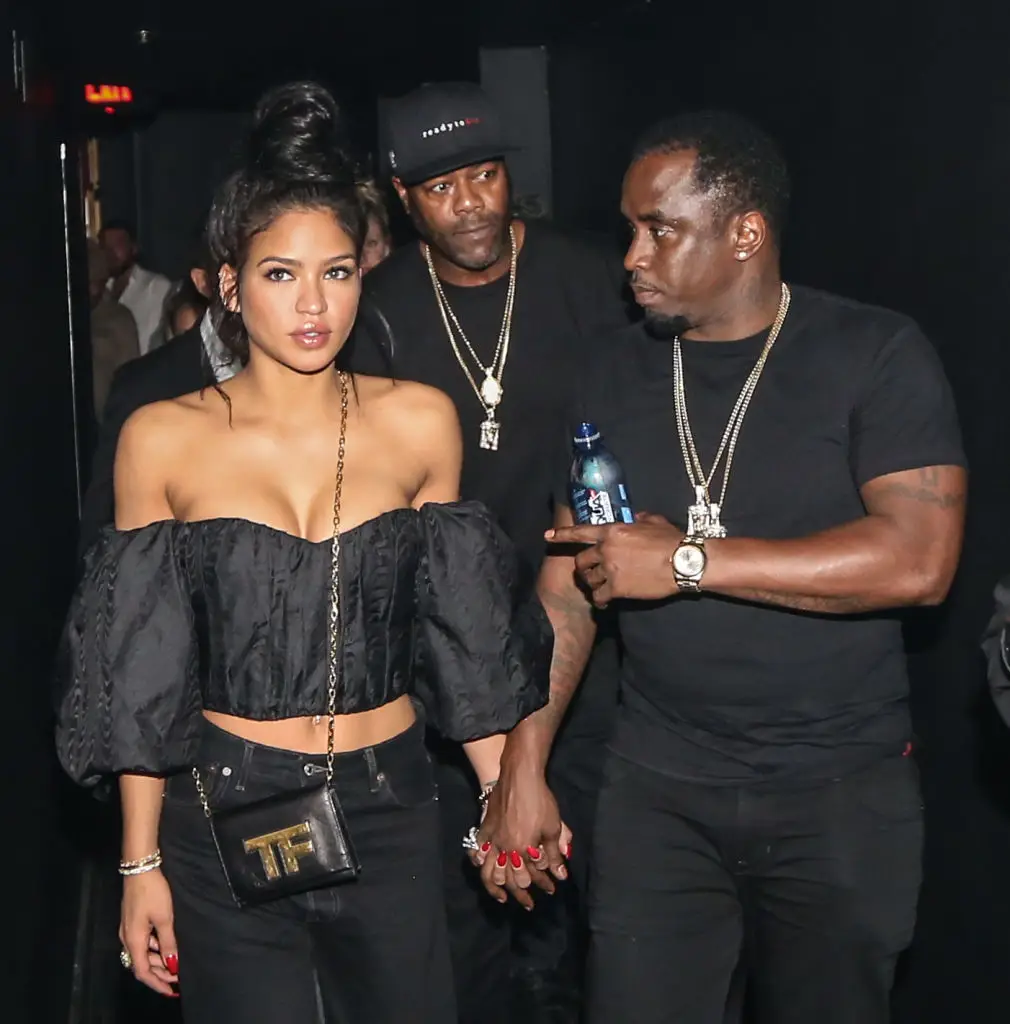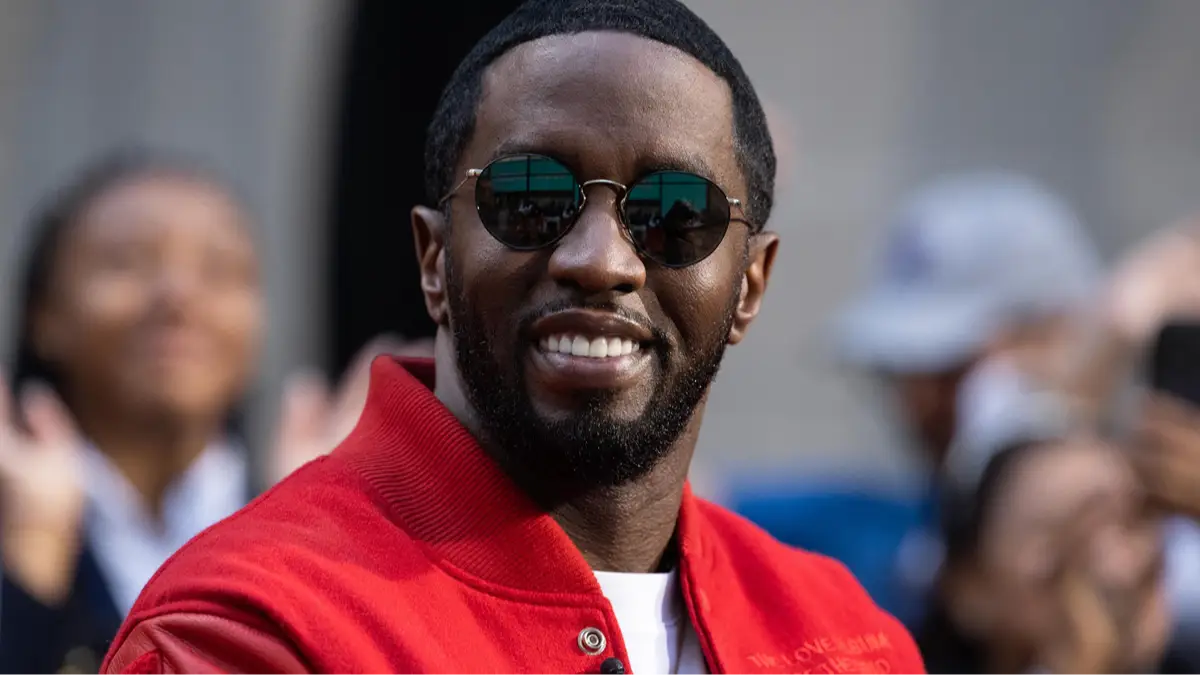
Two explosive weeks of testimony have so far taken place as hip-hop mogul Sean 'Diddy' Combs goes on trial.
The music producer, 55, was arrested in September and has been accused of racketeering and sex trafficking by force, fraud or coercion, among other charges.
Combs has repeatedly denied all the charges against him and has pleaded not guilty.
The trial of Sean ‘Diddy’ Combs kicked off on Monday (May 12), with his former partner Cassie Ventura, known as Cassie, giving a detailed testimony about her on-off 11-year relationship with him.
Advert
Cassie alleged Combs forced her to participate in so-called 'freak-off' sex parties, which she claimed involved her having sex with a male escort as Diddy watched on, as well as several instances of physical violence.
She also spoke about Combs' alleged drug use, including a supposed overdose at the Playboy Mansion in 2012, and stated his 'drugs of choice' were ecstasy or MDMA and that she witnessed him consume opiates daily.
Last week, Ventura's ex-partner Kid Cudi, former hotel staff and Diddy's former PA all took to the stand.
Psychologist Dawn Hughes was also called as the first expert of the case to give testimony.
Who is Dawn Hughes?

Dr Hughes is a clinical and forensic psychologist who specializes in interpersonal violence and traumatic stress.
She was called in as a 'blind expert' - meaning she is unaware of the details and won't refer to the specifics of the case - to educate the jury about why people stay in abusive relationships for such long periods of time.
She has been called as an expert witness in a number of high-profile trials in recent years, including the Johnny Depp-Amber Heard defamation trial in 2022.
Why did Diddy's team try to block her?
Last month, Combs’ lawyers tried to block Dr Hughes from testifying.
They argued that the information she planned to share - like why someone might stay with an abuser - are just basic common sense and not expert knowledge, reports the Washington Post.
They also claimed she was more like an advocate for abuse victims than a neutral expert.
In response, prosecutors said Dr Hughes wouldn’t be using technical terms like 'post-separation assault' or 'coercive control'.
But they still wanted her to explain certain patterns seen in abuse cases, such as how some forms of abuse can make it hard for victims to leave relationships, how leaving can take time, and how victims sometimes go back to an abusive relationship because the abuse doesn’t stop even after they try to leave.
What did Hughes have to say on the stand?

In court testimony, Dr Hughes explained the complex psychological, emotional and social factors that often trap victims in abusive relationships.
"It is common to stay in an abusive relationship," she told the court, as per Sky News. "They stay because they [abusers] are using a lot of behaviours that make people feel entrapped - psychological, emotional, economic abuse - all to keep victims in [a] relationship to make them feel like they can't leave."
The psychologist also described a 'trauma bond' that forms as the victim’s brain shifts focus from escape to survival, according to the BBC.
Discussing physical abuse, Dr Hughes said: "It doesn't have to happen all the time. Once they show the ability to do it, the threats, the controlling and the put-downs, that solidifies the threat of using more physical violence.
"It makes them feel afraid of the threats and they can't get out because of that fear, this proverbial feeling of walking on egg shells and not knowing what is coming next."
Dr Hughes explained that victims often 'minimize' the harm because of intermittent love and kindness from the abuser: "The victim wants that, they want that back... So when that is shown to the victim, that’s very reinforcing."
She noted that breakups are harder when fear is involved: "When you have all this violence and abuse, you're just trying to live day to day in this very micro way... It's about a lot of abusive behaviours that make a victim feel trapped."
On sexual abuse, which she called 'one of the highest types of traumatic stress', Dr Hughes said it causes intense shame and isolation.
"You are walking around injured and harmed, they experience a tremendous amount of shame, humiliation... it prevents them from getting help to get out of the relationship."
She added that emotional abuse removes a victim's drive to seek help: "If you can't talk about what's happening in the relationship, you can't get help."
Finally, Dr Hughes emphasized the added difficulty of leaving when the abuser holds power, status, or wealth: "If you’re going against someone who has wealth, access and privilege... Who’s going to protect me?"
What will happen in the third week of Diddy's trial?

With a break for Memorial Day, Diddy's trial is set to continue on Tuesday, May 27.
Further testimonies from those within Combs' inner circle are expected.
These witnesses are anticipated to provide more insights into the alleged operations and behaviors central to the prosecution's case.
Already, we've heard from Diddy's former staff members, including David James and George Kaplan, who previously testified about their experiences working for Combs, describing instances of alleged abuse.
It is expected that additional former employees may take the stand to corroborate these accounts.
What Combs' attorney has said
In response to the news of Combs' arrest last year, his attorney Marc Agnifilo told UNILAD at the time: "We are disappointed with the decision to pursue what we believe is an unjust prosecution of Mr. Combs by the U.S. Attorney’s Office.
"Sean 'Diddy' Combs is a music icon, self-made entrepreneur, loving family man, and proven philanthropist who has spent the last 30 years building an empire, adoring his children, and working to uplift the Black community. He is an imperfect person, but he is not a criminal.
"To his credit Mr. Combs has been nothing but cooperative with this investigation and he voluntarily relocated to New York last week in anticipation of these charges. These are the acts of an innocent man with nothing to hide, and he looks forward to clearing his name in court."
The trial is expected to last around eight weeks. If convicted, Combs faces up to life in prison.
UNILAD has previously contacted representatives for Combs and Ventura for comment.
The trial continues on Tuesday, May 27.
Topics: Court, Diddy, New York, Crime, Sex Trafficking, Mental Health